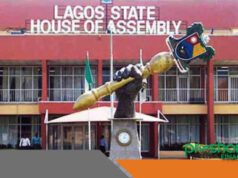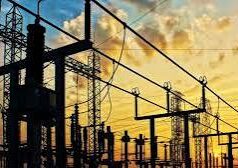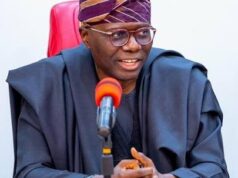
President Bola Tinubu has officially approved a strategic plan for the Nigerian Electricity Supply Industry by endorsing the National Integrated Electricity Policy. This initiative aims to attract $122.2 billion in investments to transform Nigeria’s power sector.
During the Federal Executive Council meeting on Monday, Tinubu ratified the long-anticipated National Integrated Electricity Policy, which was initially submitted in December 2024. This approval paves the way for Nigeria to secure significant investments.
The policy presents a comprehensive reform agenda for the electricity sector, aligning with national development objectives and adhering to global best practices, as mandated by Section 3(3) of the revised Electricity Act 2023.
In a statement from Bolaji Tunji, Special Adviser on Strategic Communications and Media Relations, and quoting Minister of Power Chief Adebayo Adelabu, it was noted that the implementation of the new electricity policy is already in progress and will accelerate.
He stated that the policy is anticipated to publish a comprehensive National Electricity Policy and Strategic Implementation Plan in the official gazette within one year of the Electricity Act 2023’s enactment.
The Minister remarked, “The Roadmap Policy tackles significant challenges in Nigeria’s electricity sector by providing a thorough framework for transformation. It includes clear guidelines for sustainable power generation, transmission, and distribution, as well as the integration and promotion of renewable energy sources, energy efficiency, and improved governance within the sector.”
He characterized the passage of the Electricity Act 2023 as a crucial turning point for the electricity sector, indicating a transformative shift and establishing a foundation for the Nigerian Electricity Supply Industry (NESI), which will facilitate substantial socio-economic growth.
“This National Integrated Electricity Policy and Strategic Implementation Plan serves as a detailed roadmap designed to guide all stakeholders, including Federal and State Governments, market participants, and investors.”
Adelabu emphasized that the development of the policy reflects the collaborative efforts of the Ministry, working alongside a diverse range of stakeholders from both the public and private sectors at national and state levels. This includes civil society organizations, academic institutions, industry leaders, donor partners, development agencies, private sector representatives, and consumer advocacy groups.
The aim is to tackle the multifaceted challenges confronting the Nigerian Electricity Supply Industry (NESI), such as infrastructure shortfalls, insufficient capital, and regulatory inefficiencies.
“The National Integrated Electricity Policy (NIEP) signifies a major advancement from the National Electric Power Policy of 2001, which has long needed an update.”











